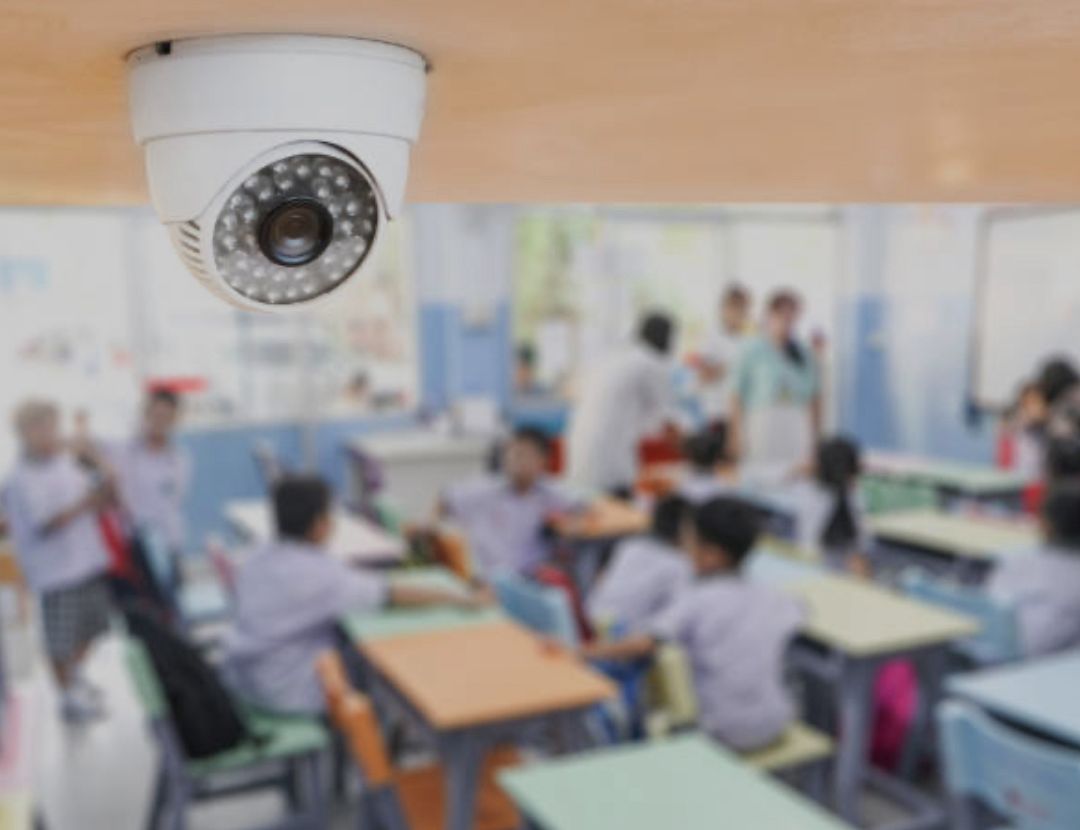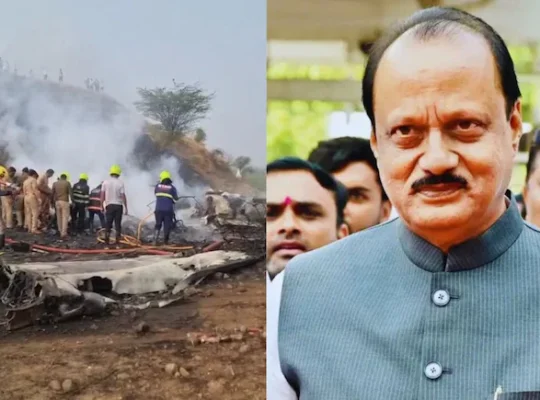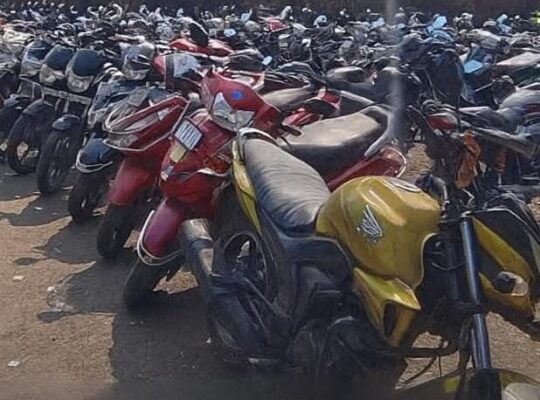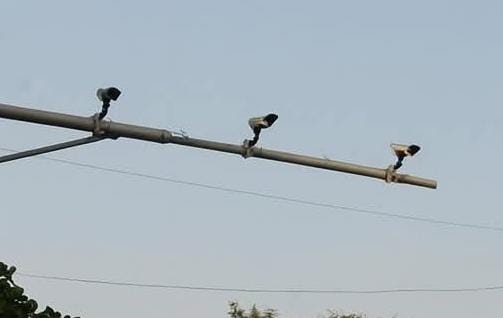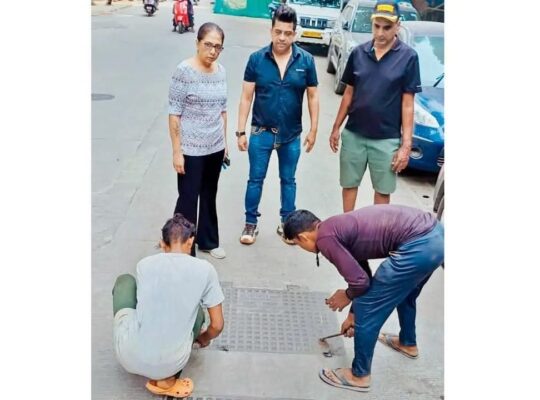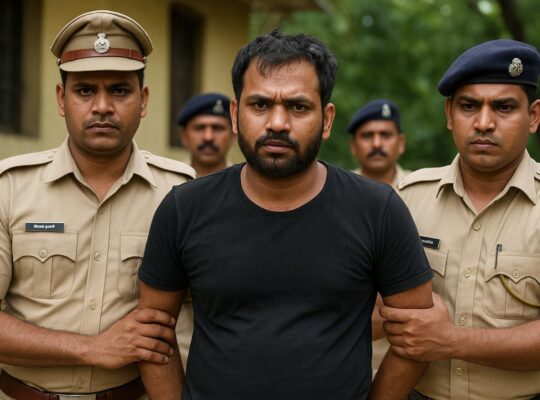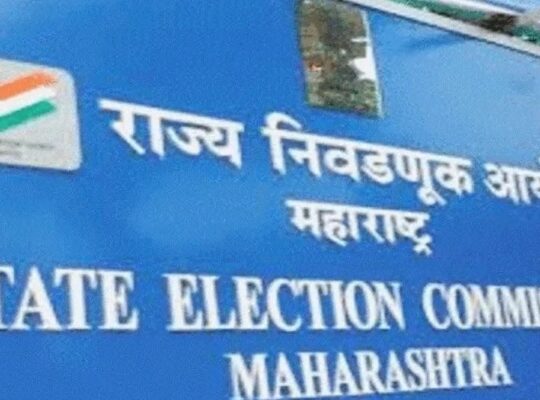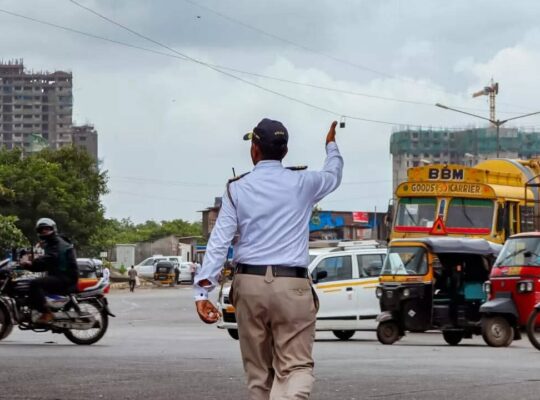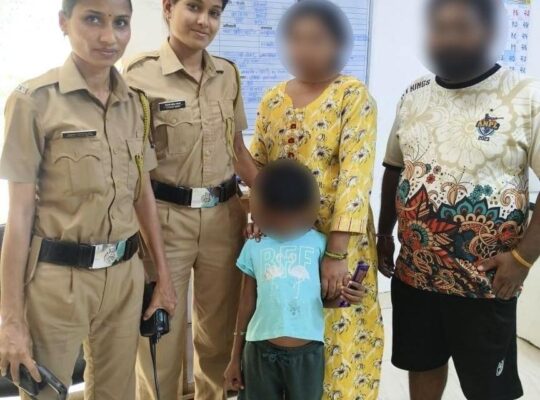The Maharashtra government has issued a comprehensive set of safety protocols for schools, aimed at enhancing student security and ensuring swift action in cases of misconduct. The move comes in response to past incidents of child abuse and delayed intervention.
As per a Government Resolution (GR) issued on May 13 by the state school education department, all schools are now required to install CCTV cameras on their premises and maintain a minimum of one month’s backup footage. Non-compliance could attract penalties, including withdrawal of government funding and cancellation of school registration.
The GR mandates immediate reporting of any offences involving minors—defined as individuals under the age of 18—to local police or the Special Juvenile Police Unit. School authorities must also vet their staff thoroughly, and preferably appoint female teachers for classes from pre-primary up to Class VI. Character certificates issued by the police may be requested as part of the recruitment process.
A key feature of the guidelines includes regular counselling for students dealing with mental stress or harassment. Schools must also educate young children about appropriate and inappropriate physical contact, commonly referred to as “good touch and bad touch.”
For institutions operating school transport services, random alcohol testing of drivers and support staff is now compulsory. Additionally, each school bus must have at least one female staff member present during commutes.
Schools are required to prominently display the child helpline number 1098, and immediately alert parents via SMS if a student is absent without prior notice. Complaint boxes with anonymous submission mechanisms are also to be installed to encourage safe reporting of grievances.
In terms of community outreach, schools must work to ensure that tobacco and cigarette shops are not operating within a one-kilometre radius of their premises. They are encouraged to report any violations to authorities.
The GR also calls for the formation of Sakhi Savitri Committees at school, tehsil, and district levels. These bodies will be responsible for maintaining records on children with disabilities and driving awareness campaigns on issues such as child marriage.
The state has also integrated technology into its child safety framework by promoting the Chirag app, a digital platform developed by the Maharashtra State Commission for Protection of Child Rights. The app will help students and teachers report violations and access child rights information.
Furthermore, the government has emphasized cyber safety, directing schools to hold sessions for both parents and students on responsible internet use, data privacy, and protection against online threats. Teachers will also be responsible for conducting self-defence classes and emergency response training, with a particular focus on empowering girl students.
This robust initiative is designed to ensure safer, more responsive educational environments across Maharashtra, especially in the wake of past lapses in handling sensitive child protection cases.

